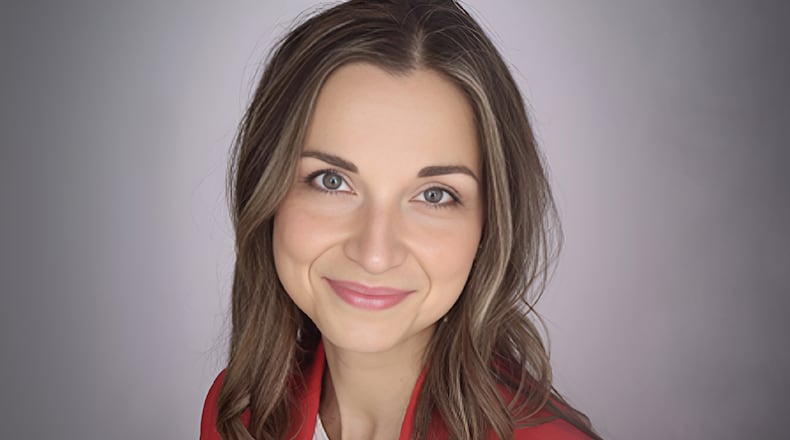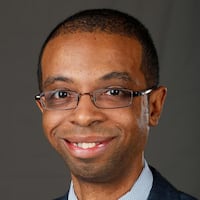“The Women, Peace and Security agenda has a lot of relevance to how NATO functions internally as a military alliance and externally in the countries where it intervenes,” Hudson said in a press statement. “Even though the agenda originated at the United Nations, I think NATO stands to be a real leader in women, peace and security in the years ahead, especially given Europe’s historical support for the work.”
The Women, Peace and Security Agenda will commemorate its 25th anniversary in October. It focuses on understanding the protection needs of women and girls in conflict-affected areas and recognizing how women and girls suffer conflict differently, particularly in terms of experiencing sexual and gender-based violence.
The agenda also highlights the importance of including women in peace processes, from peacekeeping to peacebuilding, with research showing that lasting peace is more likely when women actively participate in the decision-making process, Hudson said.
UD also acknowledged the agenda emphasizes women have a key role in conflict prevention, as they’re often most likely to know when armed conflict is emerging and are already working on the ground or within established community networks to navigate early warning systems highlighting instability and fragility.
Hudson’s panel will take place in the secure NATO village area downtown and will not be open to the public. However 12 panels at the Roger Glass Center for the Arts will be open to the public as part of “The Dayton Dialogue: Conversations about Peace and Security in the Balkans,” announced in March by U.S. Rep. Mike Turner and UD President Eric F. Spina.
About the Author


